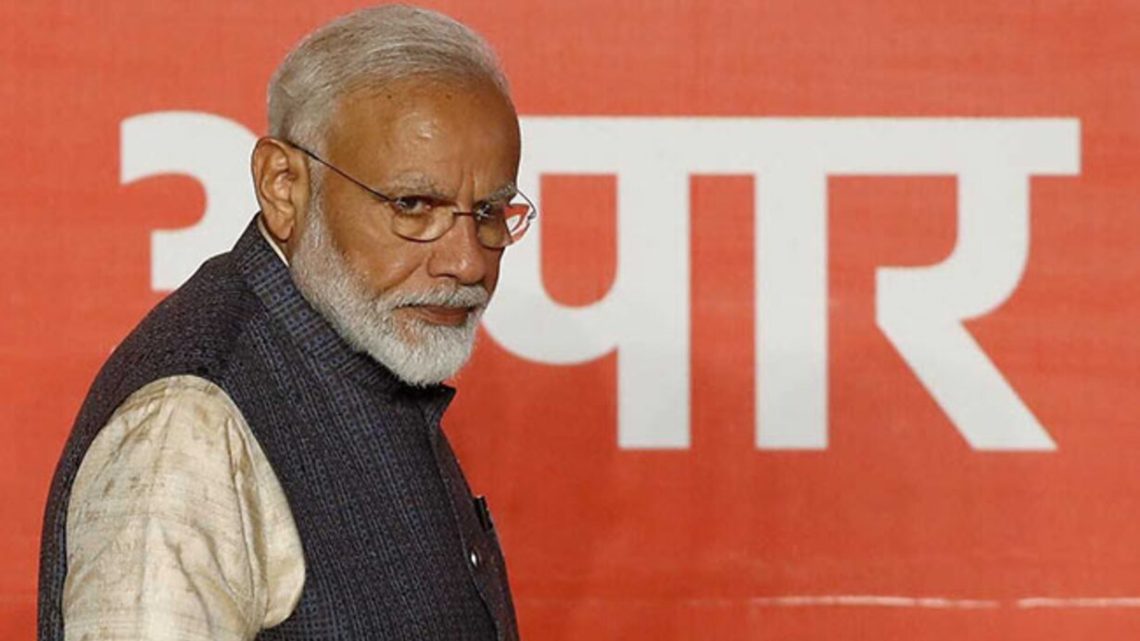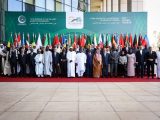
India Elections: Progressive South Is Rejecting Modi
May 29, 2024As India undergoes its current election cycle, a significant trend is emerging that has been somewhat overlooked by political commentators: the rejection of Narendra Modi and his Bharatiya Janata Party (BJP) in the southern states. While much attention is focused on Modi’s apparent stronghold in the northern regions, dismissing the southern states’ stance could be a critical oversight.
The northern states, particularly Uttar Pradesh (UP), dominate the electoral landscape due to their large populations. UP alone has a population greater than Brazil and suffers from economic conditions comparable to sub-Saharan Africa. This demographic weight gives the northern states a significant influence in determining the federal government, and there is a near-consensus that UP and its neighboring states are poised to support Modi for a third term. This contrasts starkly with the south, where economic prosperity and social progress are prioritized over the religious fervor that characterizes much of Modi’s appeal in the north.
The 675-mile-long mountain range that bisects central India symbolizes the deep divide in voter expectations and government performance. The southern states, with their modern, fast-growing economies, represent the progressive and open side of India that global investors find attractive. In these regions, issues like economic development, social reforms, and civic consciousness dominate political discourse. For example, Tamil Nadu boasts a poverty rate of just 2%, reflecting the successful implementation of social reforms over the decades.
In contrast, the northern states have seen prolonged underdevelopment, leading to a populace that has largely abandoned hope for material progress. Instead, many in the north have embraced a militant religious identity, seeing it as their ultimate civilizational goal. Modi has skillfully leveraged this shift, promoting a majoritarian agenda that often targets non-Hindu communities, particularly Muslims. This strategy not only exacerbates communal tensions but also threatens the fabric of India’s federal and pluralistic democracy.
The construction of a Hindu temple on the site of a demolished mosque in Ayodhya is emblematic of Modi’s efforts to rekindle Hindu pride and seek retribution for historical Muslim conquests. However, in the south, where Islam arrived through commerce rather than conquest, such religious symbolism holds little appeal. Instead, the southern states focus on inclusive development and social justice. Tamil Nadu’s long history of challenging the Hindu caste system and advocating for marginalized communities’ rights exemplifies this progressive stance.
The disparity in resource allocation further underscores the divide. Uttar Pradesh receives more federal tax revenue than the five southern states—Tamil Nadu, Kerala, Karnataka, Telangana, and Andhra Pradesh—combined. This imbalance fuels resentment and underscores the need for a more equitable distribution of resources.
As voters in Tamil Nadu and Kerala prepare to reject the BJP, the ruling party’s influence in other southern states is also expected to be limited. The north’s dominance in parliament, with states like UP and Bihar contributing significantly more lawmakers than the southern states, highlights the electoral imbalance. With the next population census and the subsequent expansion of the 545-member parliament, the south’s political voice is set to diminish further.
The southern states face a critical choice: to assert their progressive values and developmental priorities or risk marginalization similar to that experienced by Jammu and Kashmir and the Sikh communities in Punjab. The outcome of this election could significantly influence India’s future as a pluralistic and free-market democracy.

